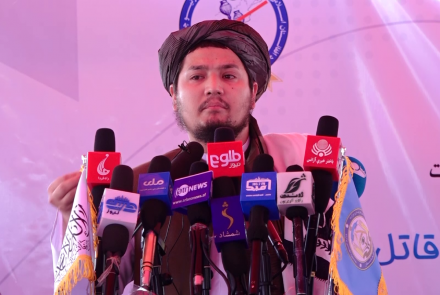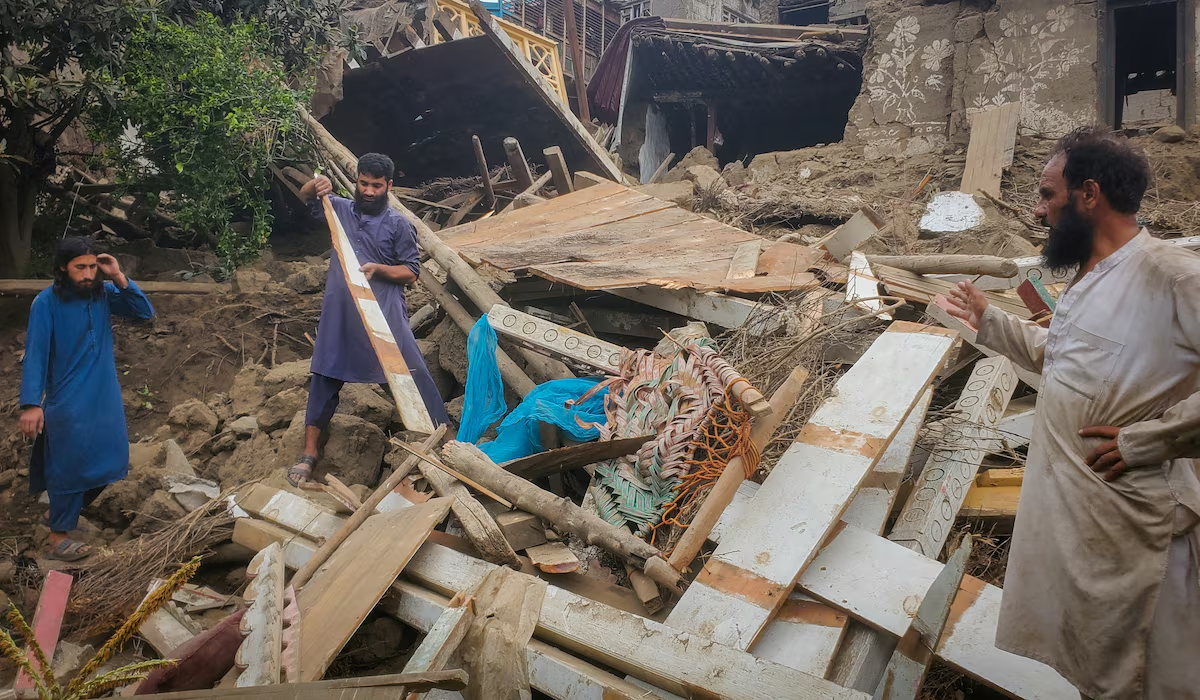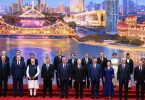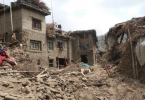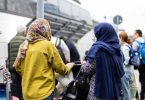KABUL (TOLONews): On International Day Against Drug Abuse, the Ministry of Interior announced that tens of thousands of operations have been conducted over the past four years to combat the production, trafficking, and use of narcotics.
The spokesperson of the ministry stated that even before the official decree by the leader of the Islamic Emirate, serious efforts had already been underway to tackle the issue.
Abdul Matin Qani expressed concern over the lack of sufficient cooperation from international institutions and urged the global community for more support in addiction treatment and prevention.
The spokesperson said: “In all our meetings, one key point is always noted: there should be cooperation with us. Unfortunately, no such cooperation has occurred. The Afghan nation must realize that billions of dollars are spent on fighting narcotics, collecting, treating addicts, and related areas. This is a hallmark of a responsible system that funds its own efforts.”
Achievements:
98,000 anti-narcotics operations conducted
Over 20,000 drug production factories destroyed
Over 38,000 acres of land cleared
Over 28,000 traffickers and criminals arrested
More than 8,500 tons of narcotics destroyed
150,000 addicts collected
Meanwhile, Abdul Rahman Qasemi, the Deputy Minister for Counter-Narcotics, stated that 140,000 addicts have been treated so far.
Qasemi said: “Since the beginning, 140,000 individuals have recovered and returned to their families.”
At the same time, the Ministry of Public Health announced that 20 new treatment centers for addicts have been established over the past four years but still requires international support to improve the treatment process.
Acting Minister Noor Jalal Jalali said: “Our request to the international community is to assist in the treatment of addicts, as this humanitarian service is unparalleled in any other area.”
Representatives from the World Health Organization and the UN Office on Drugs and Crime warned about the rising use of synthetic drugs.
These organizations emphasized that with EU support, they will continue their cooperation with Afghanistan.
Abdul Qudoos Saadat, WHO representative, stated: “There are significant challenges in providing follow-up services and reintegration of addicts into families and society, which need to be addressed. Continued services for youth, children, and women are essential.”
Nasim Bawar, UNODC representative, said: “Since August 2023, the UNODC, in coordination with relevant departments in various provinces, including Kabul, has brought several treatment centers under its support.”
According to official statistics, more than five million people in Afghanistan are addicted to narcotics.

